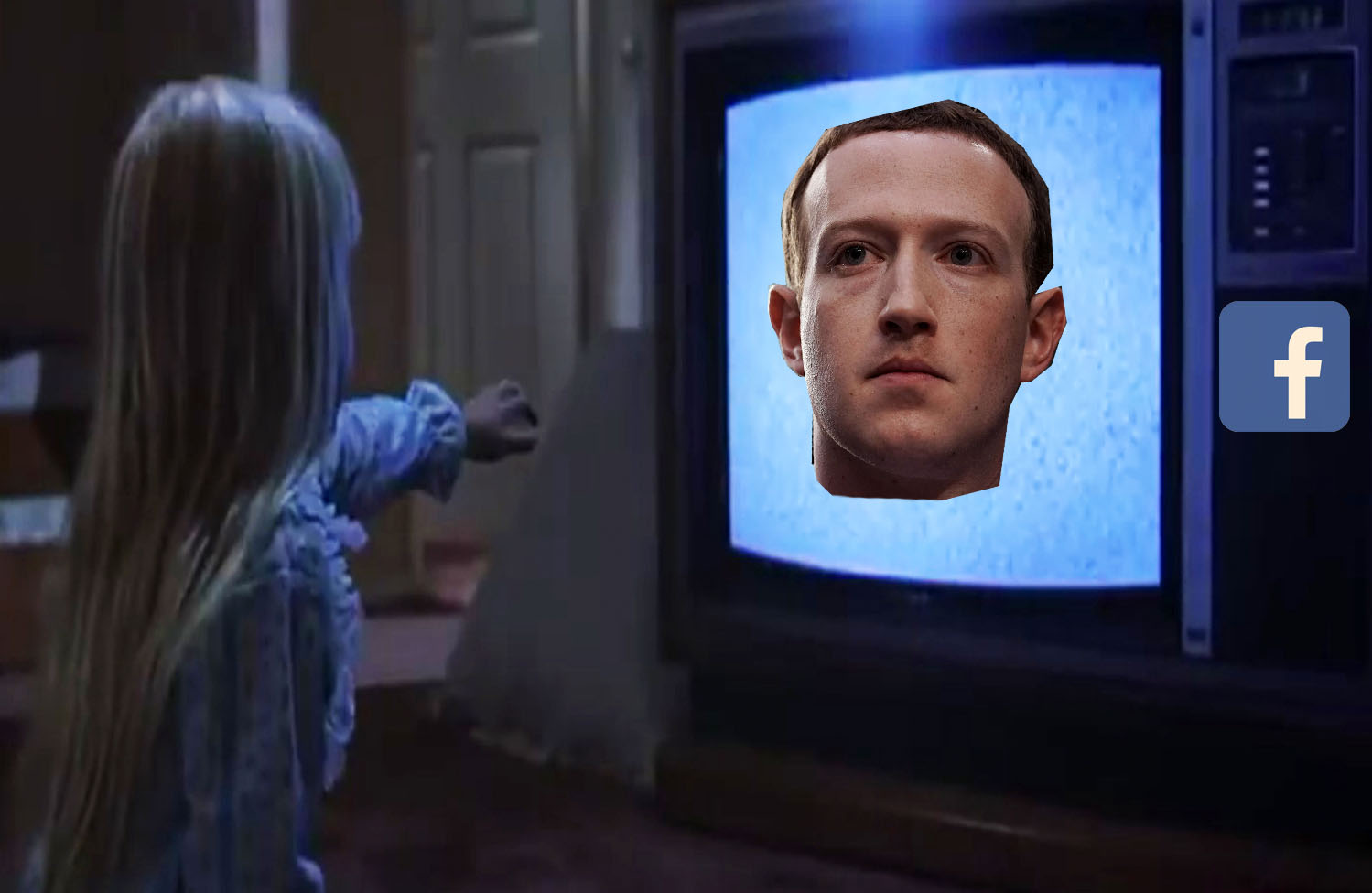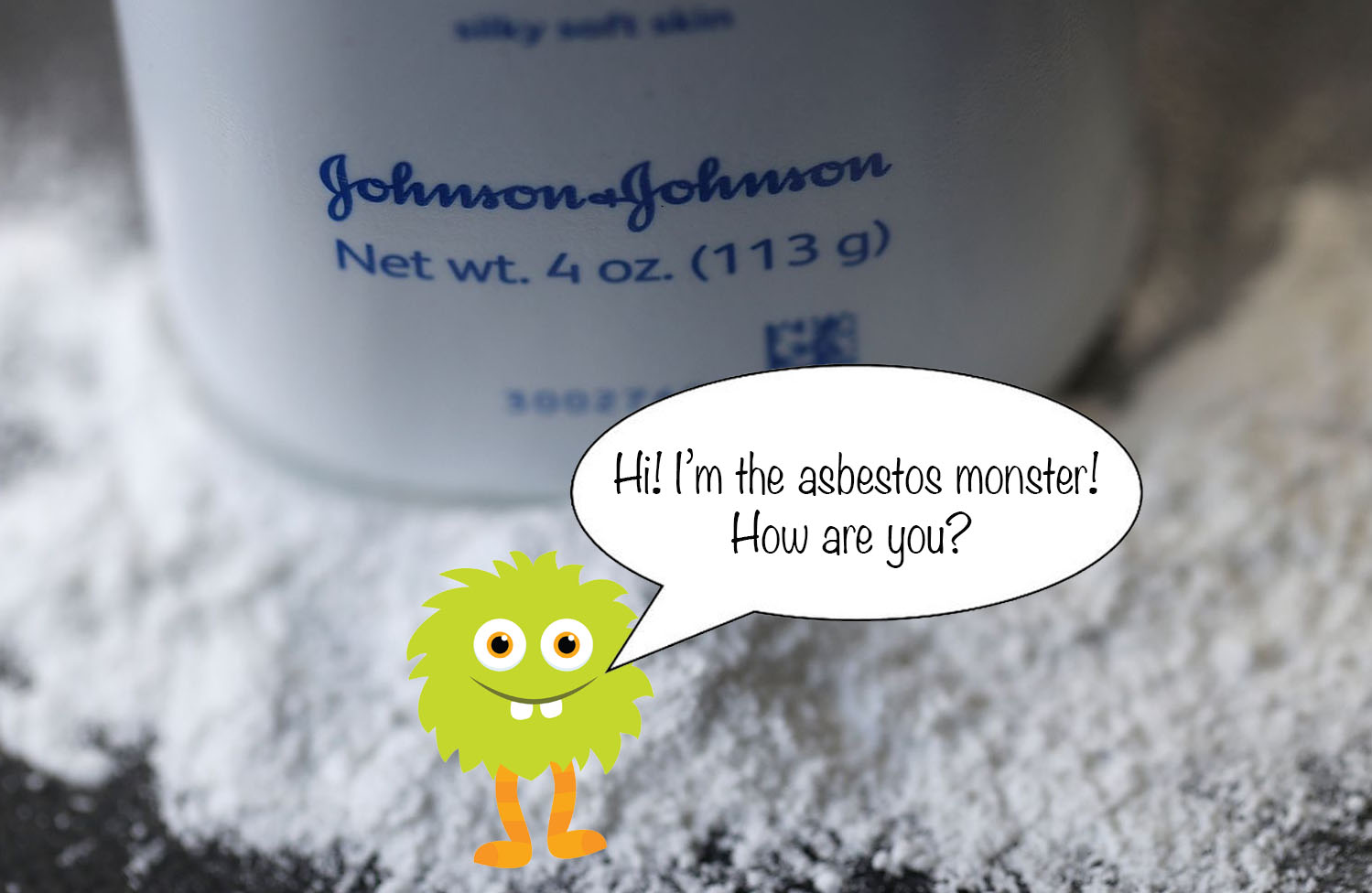While I firmly believe that giving up on an idea or dream is perhaps the most detrimental course of action a person, or company, can elect to take, there is a fine line between giving up and recognizing the potential, or lack thereof, in a concept and knowing when to try something else entirely. For example, let’s say someone decides to open up one of those kitschy theatrical history restaurants where the waiters dress up and all the menu items are puns related to the theme. Sure, on paper it probably seemed like a great idea to have a “dark ages” themed restaurant, but maybe it wasn’t the best plan to decorate the interior of the place a la post-black plague Europe. Dramatic as this example may be, my point is that sometimes an idea that initially had potential can turn into a physical representation of a disease that wiped out half of Europe’s population.
There was a time when mentioning Facebook (FB) meant opening the floor for discussion on a revolutionary social networking platform designed to take the experience of college socializing and refine it so that friendships and collaborative efforts could form using the power of the internet. Sadly, or happily, depending on who you ask, the world no longer blindly trusts Facebook (FB) like it used to. After months of various flavors of data breaches, Facebook (FB) users, as well as users from all social media platforms, have become hyper-vigilant to who/what has access to the personal data they share online. Rather than fully address this issue and take a step back to reassess how to make consumers feel safer about their data, Facebook (FB) decided to invent their first piece of hardware to offer up just in time for the holiday season.
About two months ago, Facebook (FB) launched “Portal,” a countertop video screen with auto-zooming functionality to always keep you perfectly in view of Russian hackers, or loving relatives. Starting at the convenient cost of $199, “Portal” owners, well maybe we should call them keepers of the “Portal.” Ok, keepers of the “Portal” can use their new device to video call friends and family, stream music on Spotify (SPOT), and access video content through Facebook Watch. As innovative and exciting as “Portal” might have been, I think the product design team at Facebook (FB) missed one key detail about their new product: They invented a screen with a camera, that may or may not be watching users at all times, at a time when the company is still fighting off criticism for meddling with Russia in a US presidential election!
Following Facebook’s (FB) Portal announcement, naturally, people expressed concerns about what data was collected from the new device and, if relevant, what the company would be able to do with said data.
“Portal calls are powered by Messenger — as such we collect the same info as we do on other Messenger-enabled devices. This includes information about the quality of the call or to inform your call history, for example. We may access, preserve and share information in response to a legal request (like a search warrant, court order, or subpoena) if we have a good faith belief that the law requires us to do so.”
–Statement from Facebook Spokesperson
Placing an always-watching/always-listening device in your home may one day be what is required of us when living in America, depending on which regime sits in the White House, but as of now, this type of device, especially manufactured by a social media platform with Facebook’s (FB) current track record, stands to be another reason for data-related privacy concerns.





